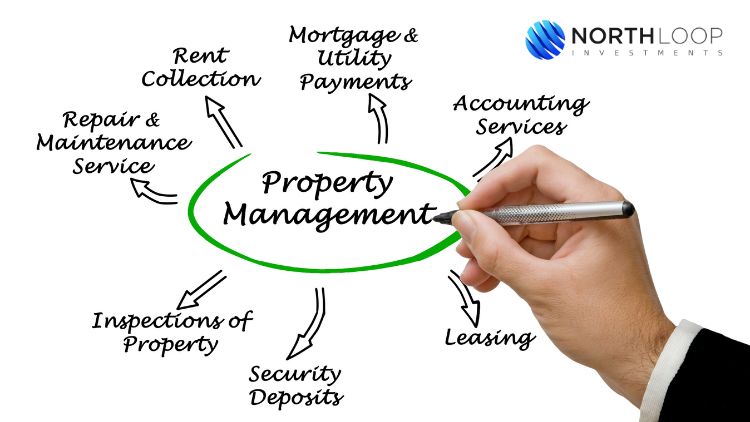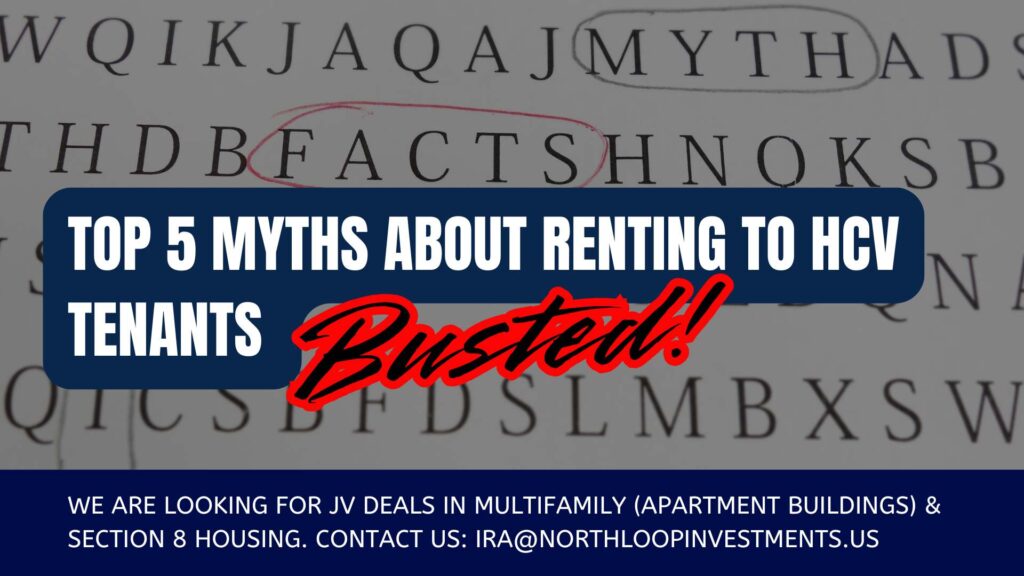In the world of real estate, managing multifamily properties can be a complex task. It requires careful planning, effective communication, and a deep understanding of the industry. In this article, we will explore some best practices for property management that can help multifamily real estate owners maximize their investments and ensure the success of their properties.
Understanding the Importance of Property Management
Property management plays a crucial role in the success of multifamily real estate investments. Effective management ensures that properties are well-maintained, tenants are satisfied, and income is maximized. By following best practices, property owners can create a positive living environment and attract high-quality tenants.
Establishing Clear Communication Channels
Clear and efficient communication is vital for successful property management. Establishing reliable communication channels between property owners, managers, and tenants is essential. Utilizing technology such as email, phone systems, and property management software can help streamline communication and ensure prompt responses to inquiries or issues.
Conducting Regular Property Inspections
Regular property inspections are necessary to identify maintenance issues, ensure compliance with safety standards, and maintain the overall appeal of the property. Inspections should be conducted both internally and externally, focusing on common areas, amenities, and individual units. Promptly addressing maintenance concerns can prevent further damage and increase tenant satisfaction.
Implementing a Comprehensive Maintenance Strategy
A well-planned maintenance strategy is crucial for keeping multifamily properties in top condition. Property owners should establish a preventive maintenance plan to address routine upkeep, as well as a reactive maintenance system to handle unexpected repairs. Timely maintenance not only enhances the property’s value but also prolongs its lifespan.
Setting Competitive Rental Rates
Determining appropriate rental rates is a key aspect of property management. Conducting market research to understand the rental rates in the local area and considering factors such as property location, amenities, and demand will help owners set competitive rental rates. Proper pricing ensures a steady stream of tenants and maximizes income potential.
Screening Tenants Effectively
Thorough tenant screening is essential to ensure the selection of responsible and reliable tenants. This process involves conducting background checks, verifying employment and income, and checking references. By selecting qualified tenants, property owners can minimize the risk of payment issues, property damage, and eviction proceedings.
Enforcing Lease Agreements
Lease agreements serve as legal contracts between property owners and tenants. Enforcing lease agreements ensures that both parties adhere to the agreed-upon terms and conditions. Property owners should clearly communicate the expectations outlined in the lease and promptly address any violations. This helps maintain a harmonious landlord-tenant relationship.
Providing Top-Notch Customer Service
Delivering excellent customer service is essential for tenant retention and positive word-of-mouth recommendations. Property owners should prioritize responsiveness, address tenant concerns promptly, and provide efficient solutions to any issues that arise. Going above and beyond to meet tenants’ needs fosters a sense of trust and satisfaction.
Promoting a Sense of Community
Creating a sense of community within multifamily properties can enhance the overall living experience for tenants. Property owners can organize community events, provide shared amenities, and encourage interaction among residents. A strong community fosters a positive atmosphere, encourages tenant loyalty, and reduces turnover.
Embracing Technology Solutions
Leveraging technology can significantly streamline property management processes. Property owners can utilize property management software to automate tasks such as rent collection, maintenance requests, and lease management. Embracing technology not only increases efficiency but also improves communication and transparency.
Managing Finances and Budgeting
Effective financial management is crucial for the success of multifamily properties. Property owners should establish a detailed budget that accounts for all expenses and income streams. Regularly reviewing financial statements, tracking expenses, and optimizing revenue sources are essential to ensure profitability and maintain financial stability.
Dealing with Tenant Issues and Complaints
Promptly addressing tenant issues and complaints is vital to maintain tenant satisfaction. Property owners should establish a systematic approach to handle grievances, ensuring that concerns are addressed in a timely and fair manner. Open lines of communication, empathetic responses, and proactive problem-solving contribute to a positive tenant experience.
Ensuring Compliance with Laws and Regulations
Compliance with local, state, and federal laws and regulations is essential for property owners. Staying updated on legal requirements, such as fair housing laws and building codes, helps prevent legal complications and potential penalties. Property owners should seek legal advice when needed and maintain accurate records to demonstrate compliance.
Evaluating Property Performance
Regularly evaluating property performance is essential for identifying areas of improvement and maximizing returns on investment. Property owners should analyze key performance indicators (KPIs) such as occupancy rates, tenant turnover, rent collection, and maintenance costs. This data provides valuable insights to make informed decisions and implement necessary changes.
Conclusion
Effective property management is crucial for multifamily real estate owners to optimize their investments. By implementing these best practices, property owners can create a desirable living environment, attract quality tenants, and maximize their property’s potential. Prioritizing clear communication, proactive maintenance, tenant satisfaction, and compliance with laws ensures long-term success.
FAQs (Frequently Asked Questions)
- Q: How can property management software benefit multifamily real estate owners?
A: Property management software streamlines tasks like rent collection, maintenance requests, and lease management, increasing efficiency and improving communication. - Q: What factors should property owners consider when setting rental rates?
A: Property owners should conduct market research, consider property location and amenities, and assess local demand to set competitive rental rates. - Q: How important is tenant screening in property management?
A: Thorough tenant screening helps property owners select reliable tenants, minimizing the risk of payment issues, property damage, and eviction proceedings. - Q: What can property owners do to foster a sense of community in multifamily properties?
A: Property owners can organize community events, provide shared amenities, and encourage interaction among residents to promote a sense of community. - Q: Why is compliance with laws and regulations important for property owners?
A: Compliance with laws and regulations helps property owners avoid legal complications, penalties, and ensures a safe and fair living environment for tenants.








